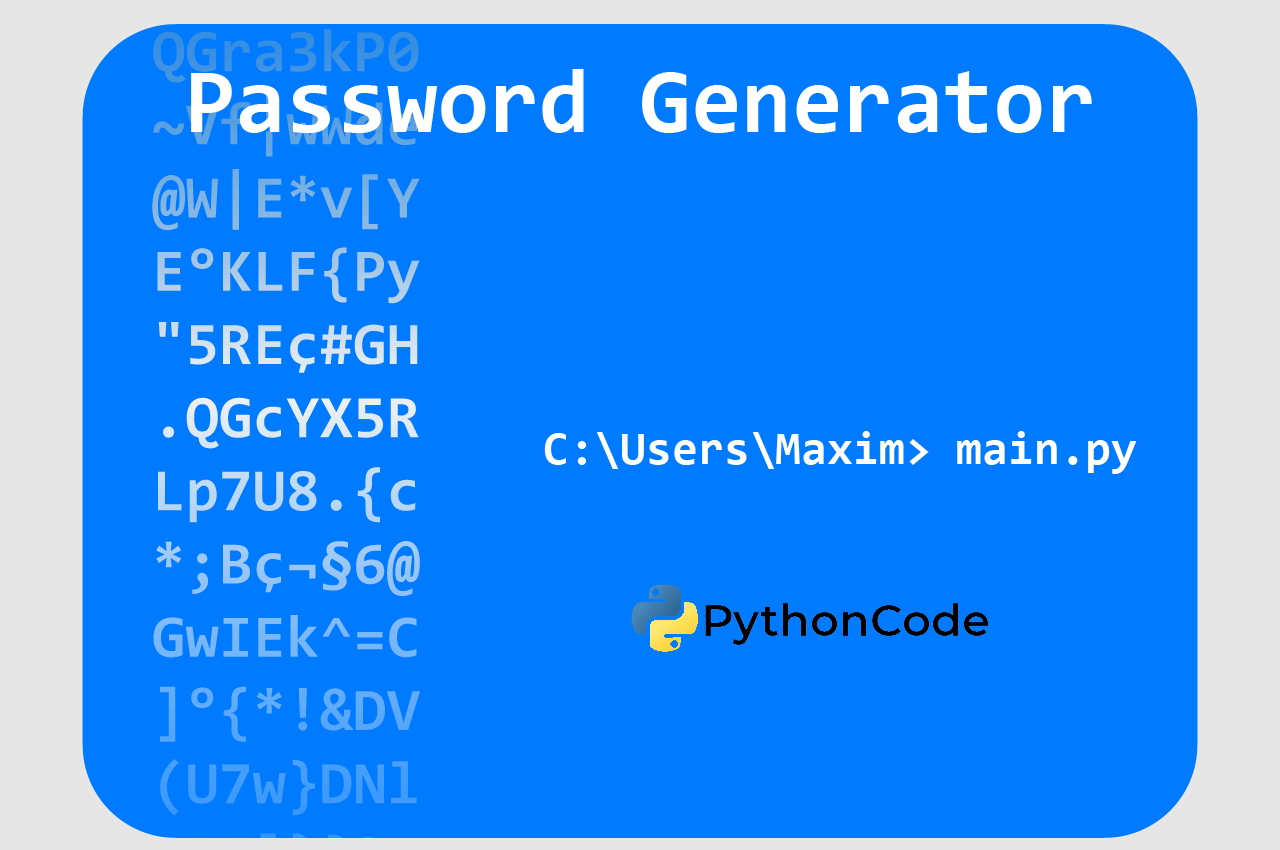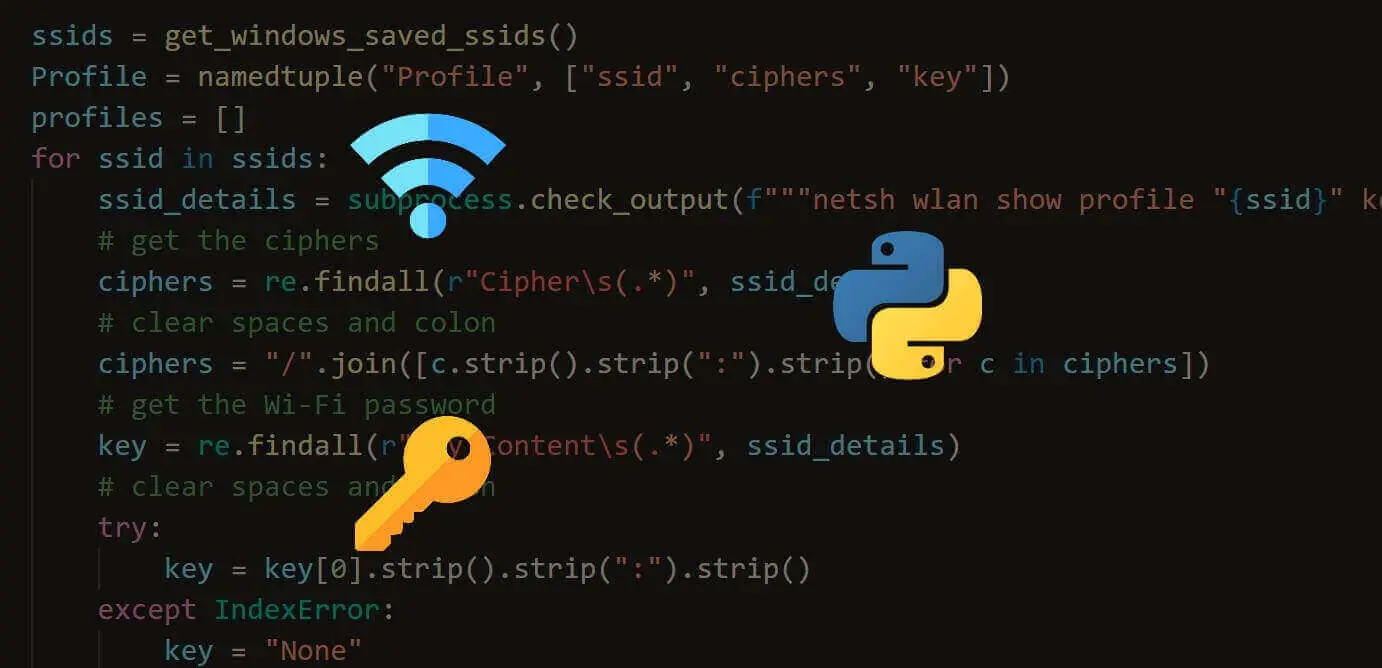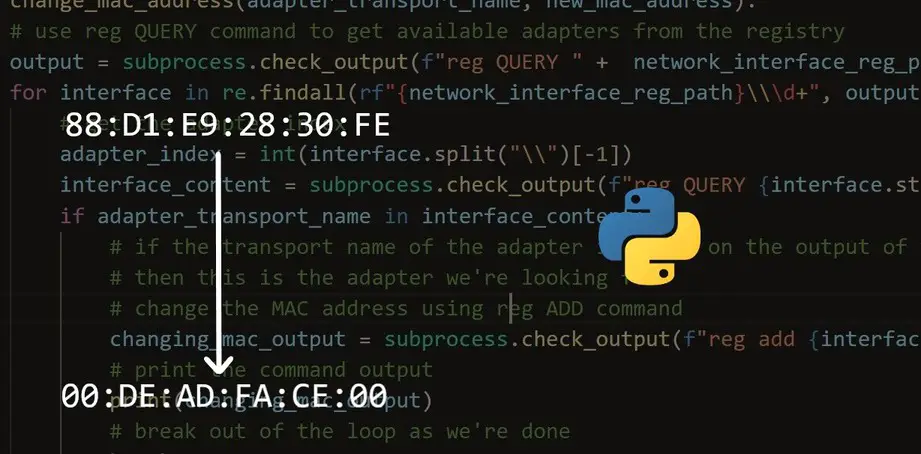Struggling with multiple programming languages? No worries. Our Code Converter has got you covered. Give it a go!
The World of Python
Python is the world’s fastest-growing and most popular programming language. Its simplistic nature makes it applicable to software engineers, mathematicians, data analysts, scientists, accountants, network engineers, and even kids. People from various disciplines prefer this programming language for multiple tasks, like big data analysis and visualization, artificial intelligence and machine learning, and automation. If you constantly have to do boring, repetitive tasks like copying files, renaming folders, and uploading them to a server, you can quickly and easily write a Python program to automate this process.
Being a multi-purpose and friendly language, it is the perfect fit for beginners learning about hacking and cyber security. All you need is basic computer programming skills, and you are good to go. Since the internet has completely overhauled the current workspace modus operandi, you need to stay on top of things because cyber-attacks are more prevalent than ever. Every organization needs to prioritize hiring a Chief Risks Officer to help protect the company’s data from pilfering and mitigate cyber breaches that can cause rabid damages.
Table of contents:
- Using Python in Conjunction with Cyber Security
- How to Use Python to Solve A Cyber Security Attack
- The Upshot
Using Python in Conjunction with Cyber Security
Cyber security experts prefer Python over other security languages because:
1. It Is Easy to Learn
As we’ve established earlier, it’s a fantastic programming language to utilize regardless of intent. The syntax is easy to create and understand, so beginners seamlessly grasp the concepts and logic behind developing such programs. In turn, it helps quickly debug programs.
2. Python Is Swift
Since it’s easier to learn than other languages, you can seamlessly develop high-quality scripts and programs in real time. Security professionals need scripts that speed up the recovery process after a data breach.
3. Widely Used
Due to Python’s first two attributes above, it has attracted a broad audience, not only in the security sector. A wide audience helps generate more documentation and a more extensive community of support.
4. Has an Extensive Library and Modules
Since so much has been done, you already have a base of operation. This means you’ll develop fewer codes, classes, and functions.
5. Productive and Speedy
If there’s an attribute that Python for cyber security needs most, it’s speed. The scripts you’ve created are also reusable in other situations. All you’ll need to add are different syntax, but you’ll have already established a foundation.
How to Use Python to Solve A Cyber Security Attack
Once cybersecurity analysts build a secure IT network for the organization, they must continually monitor and update the infrastructure to keep up with the latest trends. Hackers work around the clock to create malware, the most prevalent being one lately, ransomware.
They rely on Python’s automated scripts to implement major check-ups.
This programming language has many libraries upon which professionals create efficient codes in minimal lines of code. This reinforces its pro on speed and turnaround time, making it the best, especially when solving an emergency. With the numerous automated and customized tools already in place, Python easily and quickly picks instructions and solves impending dangers or problems.
Courtesy of its efficacy, you can also use Python to automate responses once it’s configured with the correct data. Python is equally very flexible, enabling users to create their own tools as desired.
The Upshot
Cyber security personnel heavily rely on Python to create playbooks. They consequently automate analysis to evaluate and develop tickets capturing incident response analysis.
For beginners aspiring to explore Python for cyber security, it is a straightforward programming language with a lot of reference material and information, which will help make the learning process easy and comprehensive.
Happy learning ♥
Loved the article? You'll love our Code Converter even more! It's your secret weapon for effortless coding. Give it a whirl!




Got a coding query or need some guidance before you comment? Check out this Python Code Assistant for expert advice and handy tips. It's like having a coding tutor right in your fingertips!